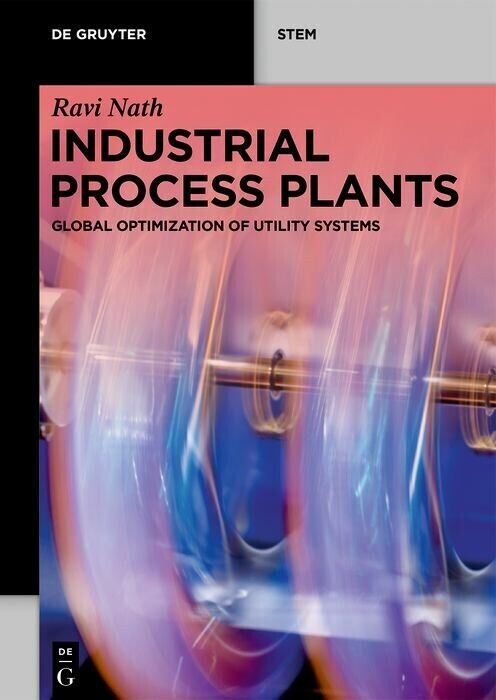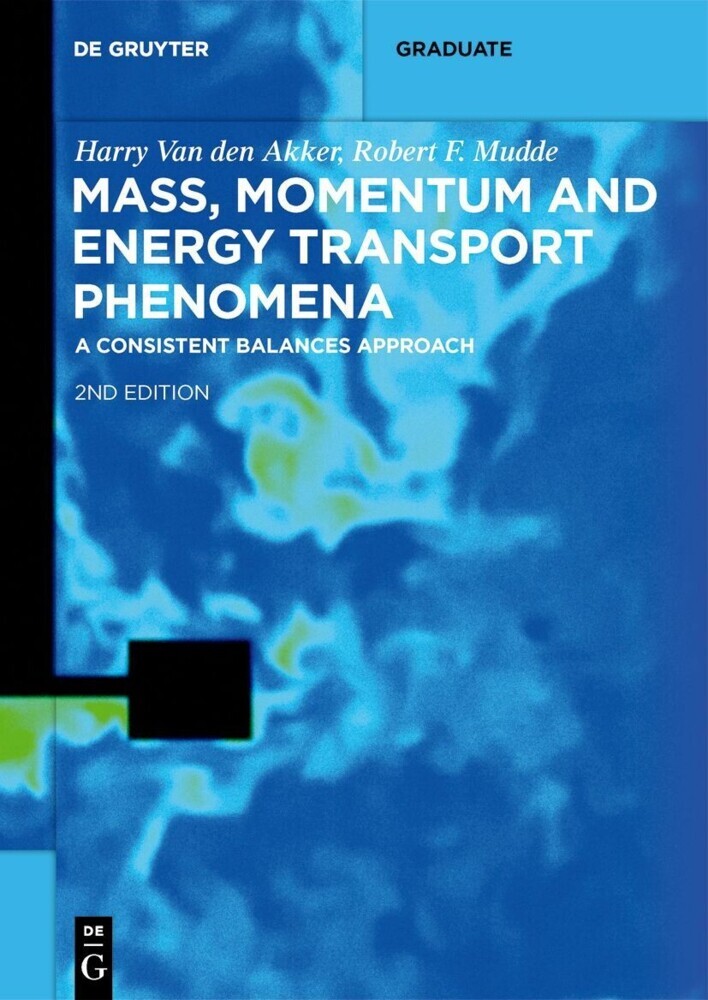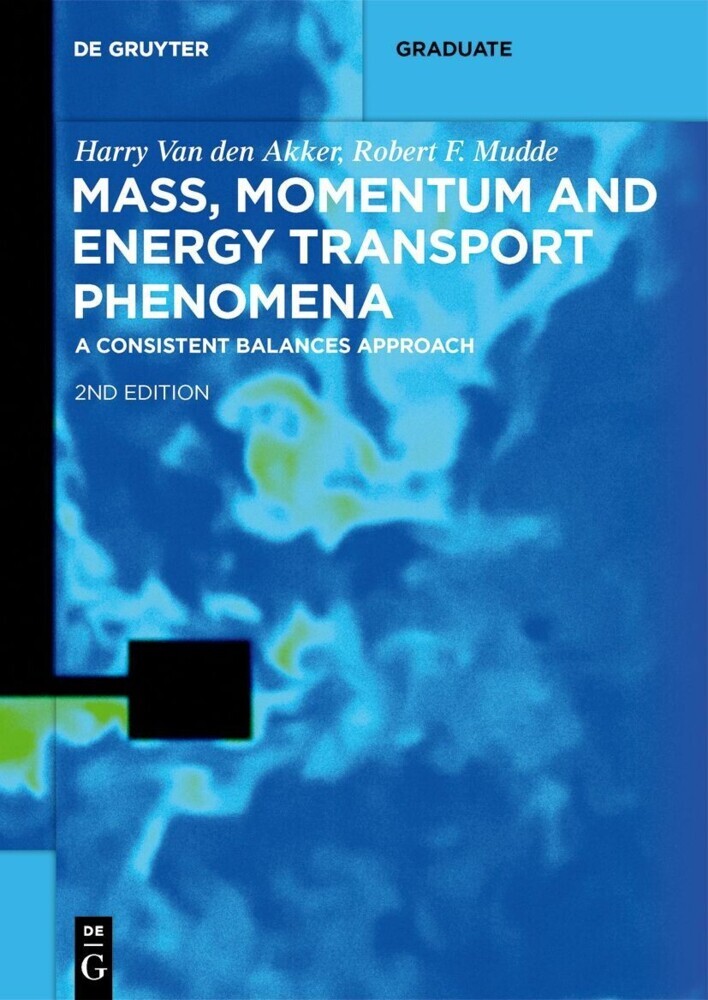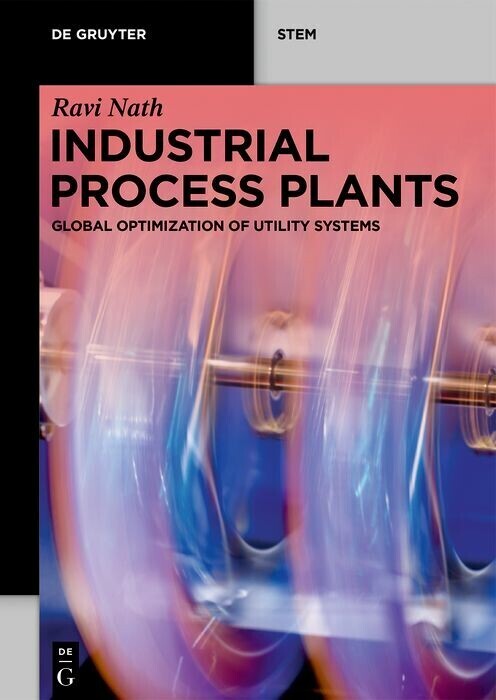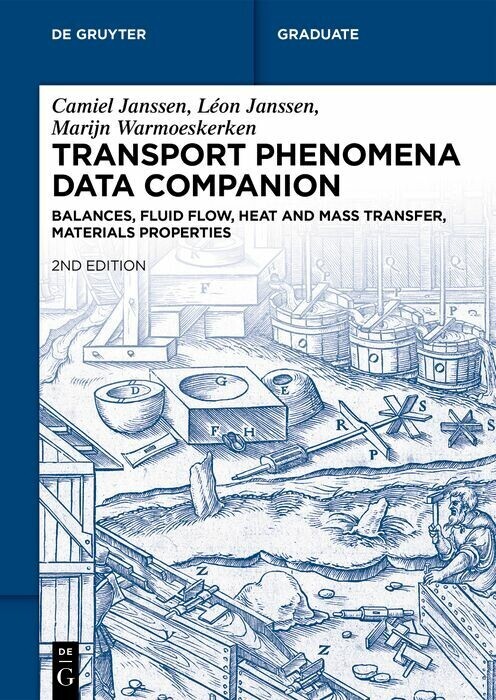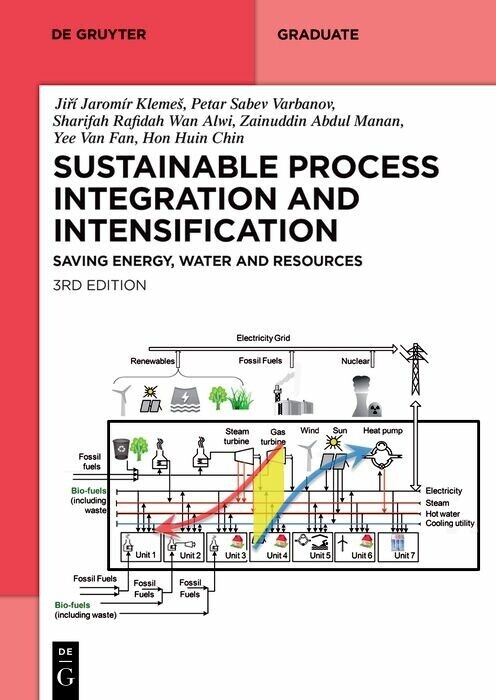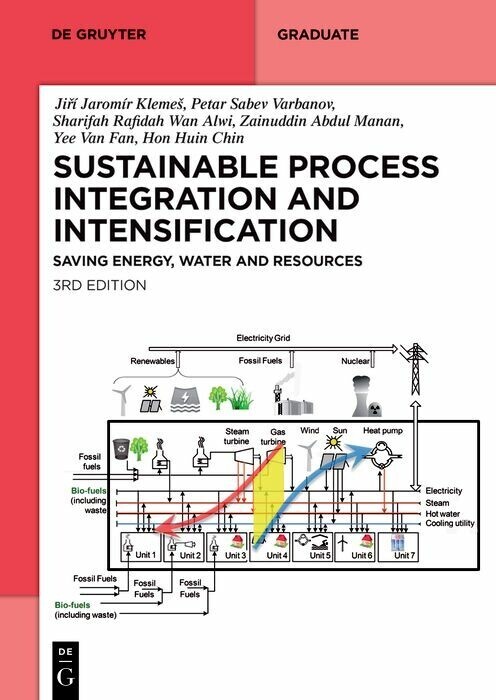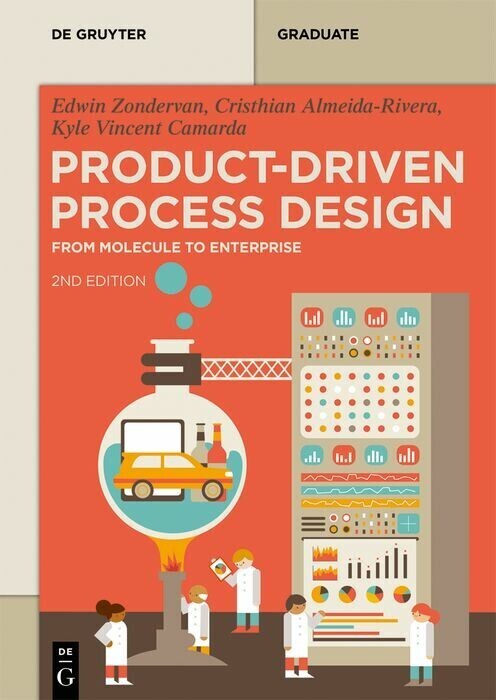Industrial Process Plants
Removing the barriers to the Global Optimization of Plant Utility Systems by providing practical tools and techniques to deal with these unique challenges is the purpose of this book.
The operating cost of a typical Plant Utility System of a typical Industrial Production Process Plant is enormous - often in tens if not hundreds of millions of dollars per Annum. With so much money at stake, one would expect that heroic optimization efforts would be made to reduce the operating cost, however such is usually not the case. One reason for this complacency is that Plant Utility Systems are usually 'cost centers' in Process Plants and their operating cost is prorated amongst the various Production Units, so it suffers from what is at times referred to as 'the tragedy of the commons'. Another reason for this complacency is that the Plant Utility System structure is significantly different than that of other Production Units, as for flexibility and safety reasons it has a large spare capacity to meet increased utility demand during startups, shutdowns, and emergencies. The existence of a spare equipment necessitates optimization of discrete decisions, whereby traditional optimization techniques do not readily apply.
Part of the problem is that the traditional engineering curriculum primarily emphasizes only one of the many optimization methods, called Non-Linear Programming (NLP). Although NLP can address large classes of optimization problems, it has fairly stringent requirements that all describing relationships (or functions) be continuous and have continuous derivatives. Additionally, in general, NLP only guarantees a local but not the global optimum.
Another optimization method is particularly well suited for modeling Plant Utility Systems is called Mixed Integer Linear Programming (MILP). And unlike NLP, MILP methods can guarantee global optimum, which is very reassuring. MILP, however, does impose linearity requirements but as discussed in this book there are techniques to overcome this limitation.
Ravi Nath PhD is a practicing Consulting Engineer with over 40 years of service to process industries. He retired from Honeywell Advanced Solutions in 2017 and founded Nath Technology Solutions LLC and continues to serve process industries on a part-time basis. Before Honeywell, he worked at Setpoint (now AspenTech), Linnhoff March, Union Carbide (now Dow), Akzo Chemie USA, and Engineers India Ltd. He is passionate about applying innovative yet practical solutions to solve Real-Time Optimization problems. He holds a BS from IIT, Kanpur, and MS and Ph.D. from the University of Houston, all in Chemical Engineering. He is an active presenter at AIChE and other Professional Society Meetings and holds 3 US patents. The Nath family has been longtime residents of Houston, Texas.
Nath, Ravi
| ISBN | 9783111022697 |
|---|---|
| Artikelnummer | 9783111022697 |
| Medientyp | E-Book - ePUB |
| Copyrightjahr | 2024 |
| Verlag | Walter de Gruyter GmbH & Co.KG |
| Umfang | 257 Seiten |
| Sprache | Englisch |
| Kopierschutz | Digitales Wasserzeichen |

